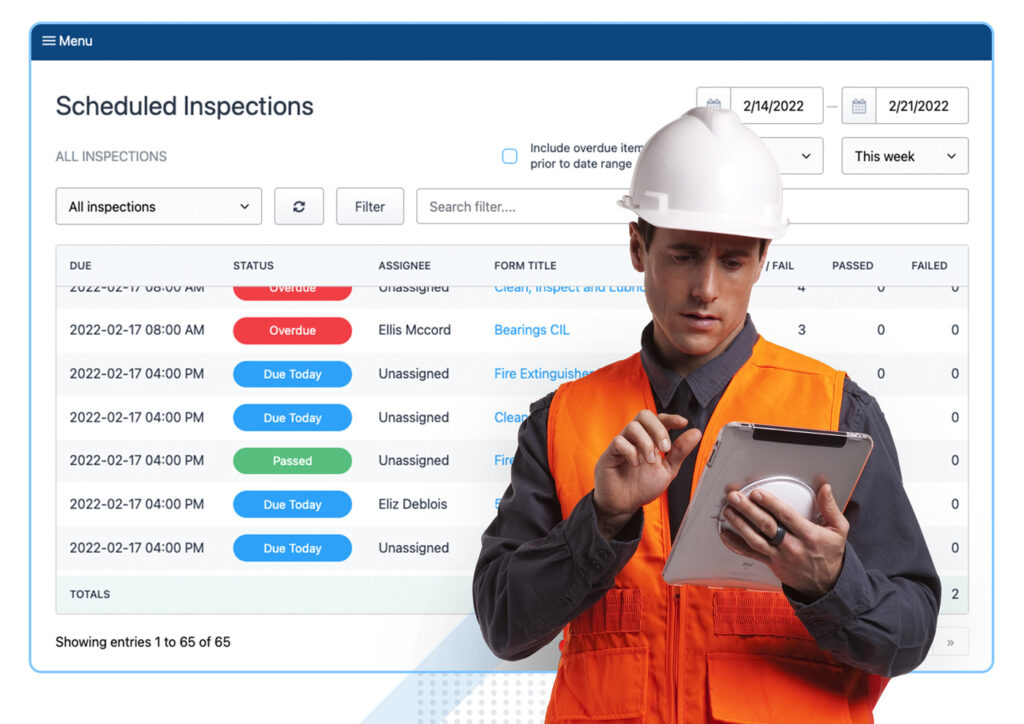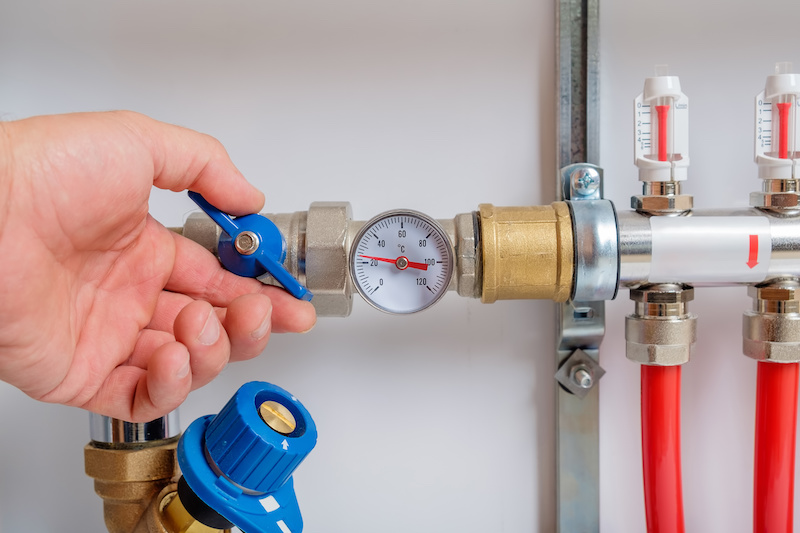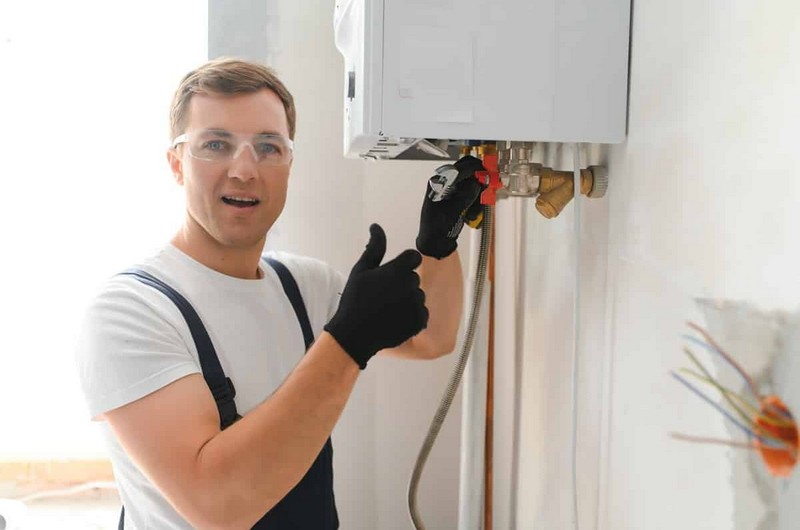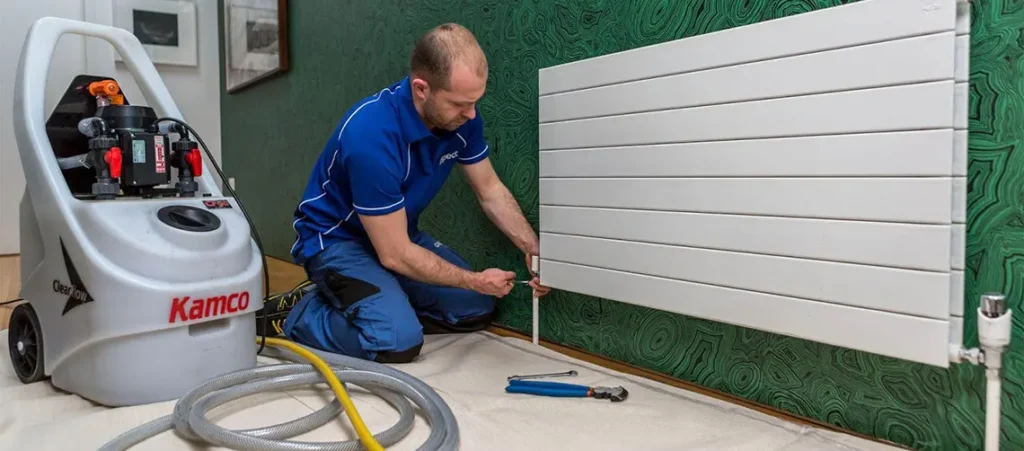Maintaining your boiler is essential for ensuring its longevity, efficiency, and reliability. Regular maintenance can help you avoid unexpected breakdowns and costly repairs, making your heating system more dependable when you need it most. Here are some essential tips for preventative boiler maintenance:
1. Schedule Regular Inspections
Regular professional inspections are the foundation of effective boiler maintenance. A certified technician can spot issues that may not be obvious to an untrained eye.
- Annual Professional Inspection: Schedule an annual check-up with a qualified HVAC technician. This will help catch any emerging issues, ensure safety standards are met, and keep your system running efficiently.
- Periodic Self-Checks: Perform basic checks yourself every few months. Look for unusual sounds, leaks, or irregular pressure readings.

2. Clean the Boiler and Surrounding Area
Dust and debris can accumulate on and around your boiler, affecting its performance.
- Keep the Area Clear: Ensure the space around the boiler is free from clutter to maintain proper ventilation and reduce fire hazards.
- Clean Components: Wipe down the exterior of the boiler and check for any visible dust buildup. Consult the manual or a professional for guidance on safely cleaning internal components, such as the heat exchanger or burner.
3. Check the Pressure Levels
Boilers need to maintain specific pressure levels to operate correctly. Low or high pressure can lead to inefficiencies or damage.
- Monitor the Pressure Gauge: The pressure should typically be between 1.0 and 2.0 bars when the system is not in use. If it frequently drops or rises outside this range, it may indicate a leak or other issue that requires professional attention.
- Adjust as Necessary: Follow your boiler’s manual to learn how to safely adjust the pressure if needed.

4. Bleed Radiators
If you have a hydronic (water-based) heating system, bleeding the radiators helps remove trapped air that can cause the boiler to work harder than necessary.
- Check for Cold Spots: If a radiator is cold at the top and warm at the bottom, it likely needs to be bled.
- Bleeding Process: Use a radiator key to slowly release the trapped air until water begins to trickle out, then close the valve. This helps the system distribute heat evenly.
5. Inspect and Replace Worn Parts
Over time, parts such as seals, valves, and gaskets can deteriorate and impact boiler efficiency.
- Visual Inspection: Regularly check for signs of wear on visible parts, such as cracks, rust, or fraying.
- Replace As Needed: Proactively replace aging parts to prevent more significant issues. Consult a professional to ensure correct installation and compatibility.
6. Check for Leaks
Water leaks can damage both the boiler and surrounding areas, while gas leaks can be dangerous.
- Inspect the Boiler and Pipework: Look for water pooling around the boiler or any signs of moisture on connecting pipes. If you suspect a gas leak, shut off the gas supply and contact a professional immediately.
- Seal and Fix: Have a qualified technician address any leaks as soon as possible to prevent further damage.

7. Test the Thermostat
Your thermostat plays a crucial role in regulating the temperature and energy consumption of your boiler.
- Calibration: Test the thermostat regularly to ensure it reads temperatures accurately and communicates correctly with the boiler.
- Upgrade for Efficiency: Consider upgrading to a programmable or smart thermostat to increase energy efficiency and reduce costs.
8. Flush the System Periodically
Over time, sediment and sludge can accumulate inside the boiler, reducing its efficiency and potentially causing blockages.
- Schedule a Power Flush: Have a professional perform a power flush every few years to remove debris and maintain water flow.
- Routine Draining: You may be able to do a simpler draining of the boiler to clear out some debris. Refer to your user manual or seek professional guidance.

9. Monitor Fuel Supply (If Applicable)
For oil or propane boilers, ensure that your fuel supply remains adequate and clean.
- Check the Tank Regularly: Inspect fuel tanks for signs of rust, leaks, or blockages that could impact the flow of fuel to the boiler.
- Maintain Fuel Quality: Consider using additives to keep fuel clean and prevent sediment buildup.
10. Stay on Top of Safety Precautions
Ensuring the safety of your boiler not only protects your investment but also your home.
- Install Carbon Monoxide Detectors: Place carbon monoxide detectors near the boiler and in living spaces to alert you to potentially dangerous gas leaks.
- Emergency Shutoff: Familiarize yourself with your boiler’s emergency shutoff switch so you can quickly turn it off in case of an emergency.
Conclusion
Preventative maintenance is key to avoiding expensive boiler repairs and extending the life of your system. By following these tips and keeping up with regular professional inspections, you can minimize unexpected issues and ensure that your boiler remains reliable, safe, and energy-efficient for years to come.
